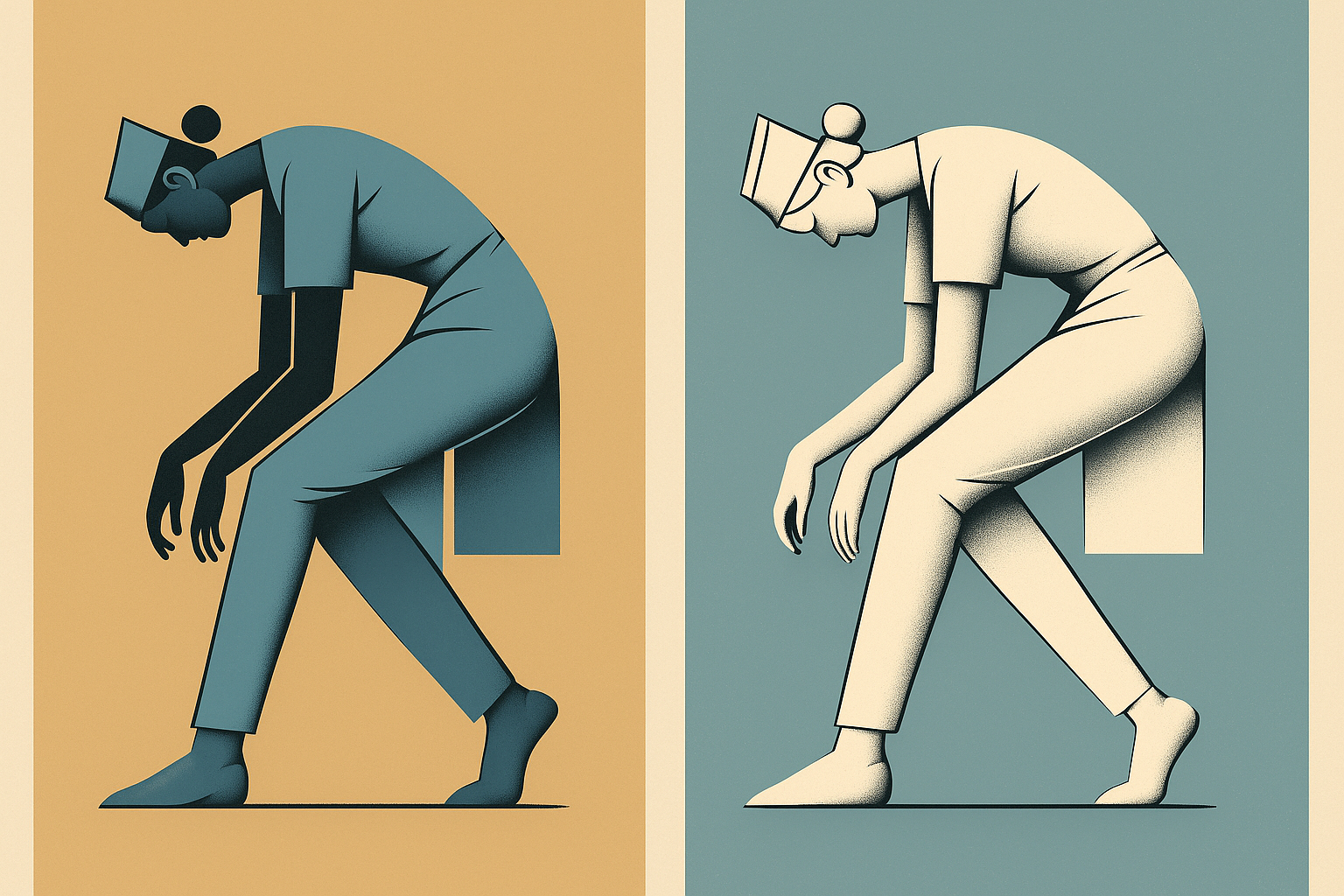Some occupations are naturally seen as more heroic than others. Following definitions of heroes as selfless and brave individuals, occupations such as firefighters might stand out as more likely to be classified as heroic than other occupations such as psychiatrists. Nevertheless, we witnessed in recent years that, in novel situations, it is possible to cast occupations not typically perceived as heroic into this frame.
The observation that overworked, under-equipped workers in situations of crises might become heroes prompts us to assess how malleable heroism perceptions are. This work is directly relevant to media and communication, and is also critical in mitigating possible negative consequences associated with the heroic rhetoric sometimes deployed in the media.
Franco et al. (2011) provided the general and, by their own admission, overly simplistic definition of heroism as “to act in a prosocial manner despite personal risk” (p. 99). Altruism and exposure to danger are indeed two core elements that are consistently found in the lay people’s prototype of a hero (Kinsella et al., 2015).
We conducted a series of studies aiming to manipulate heroism perceptions in a subset of occupations. We hypothesise that we can influence perceptions of heroism by emphasising 1) exposure to physical danger and 2) helpfulness in an array of occupations.
